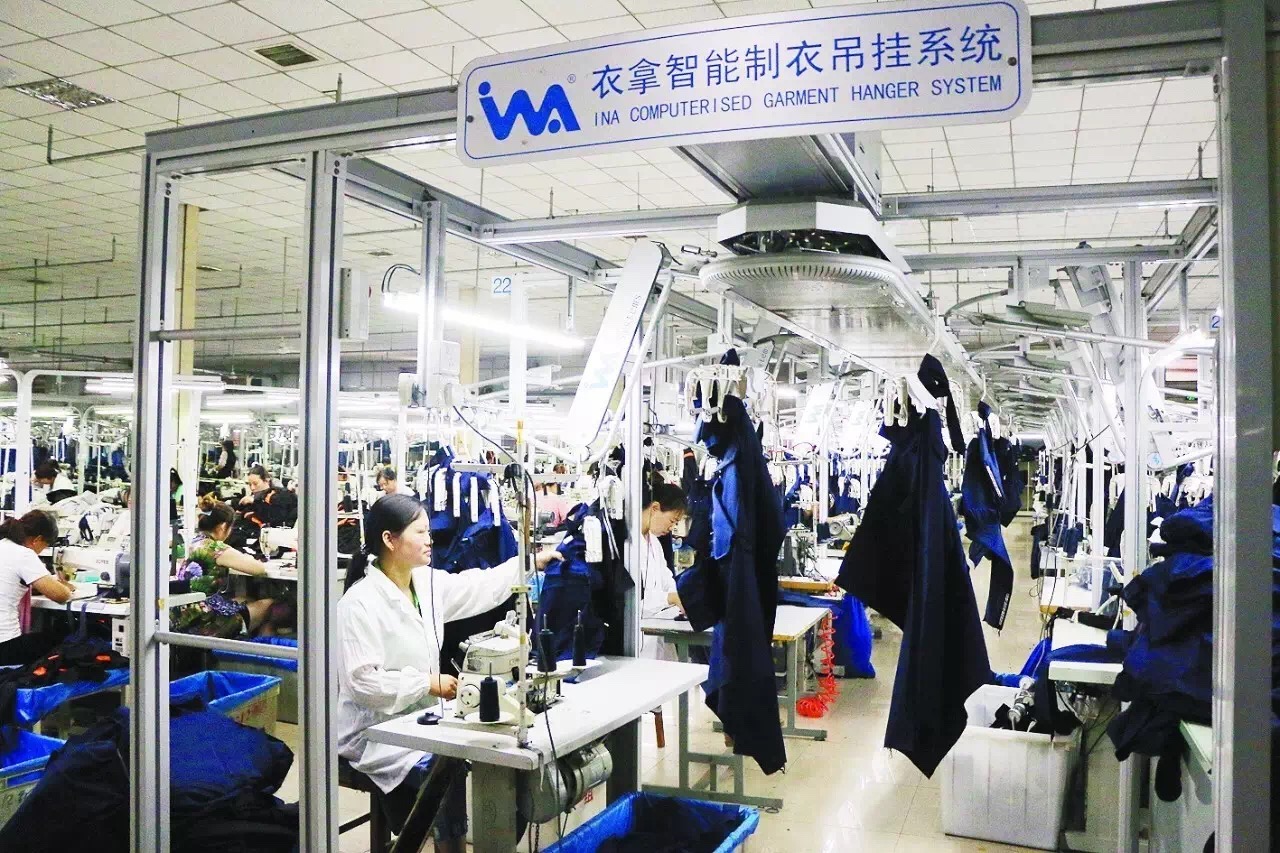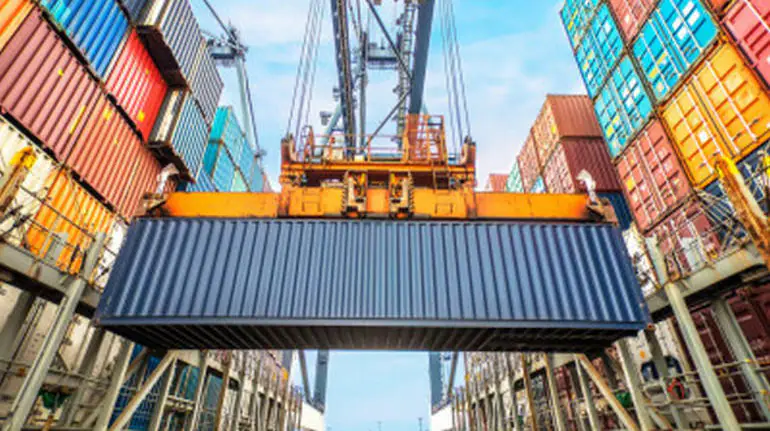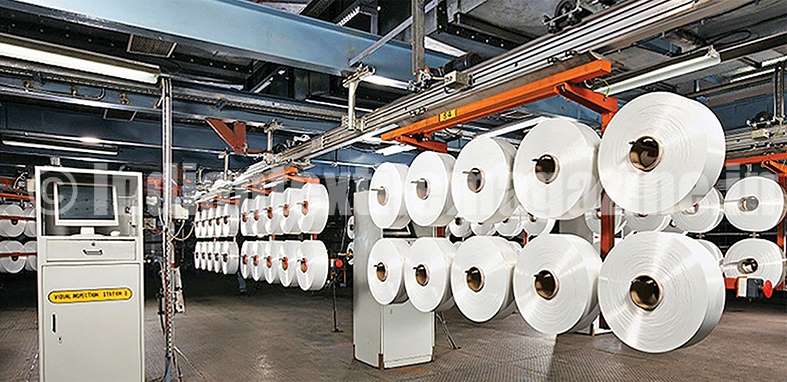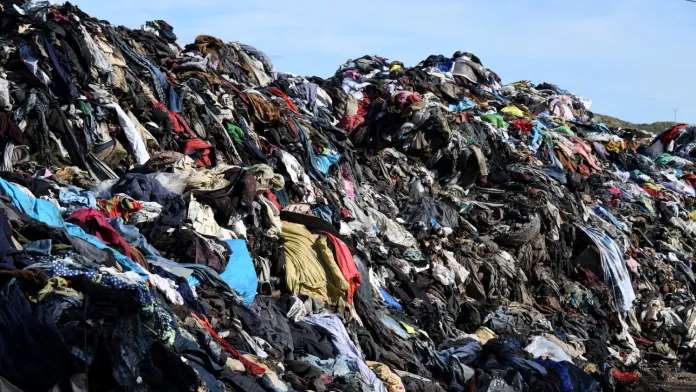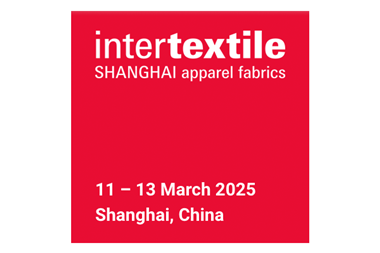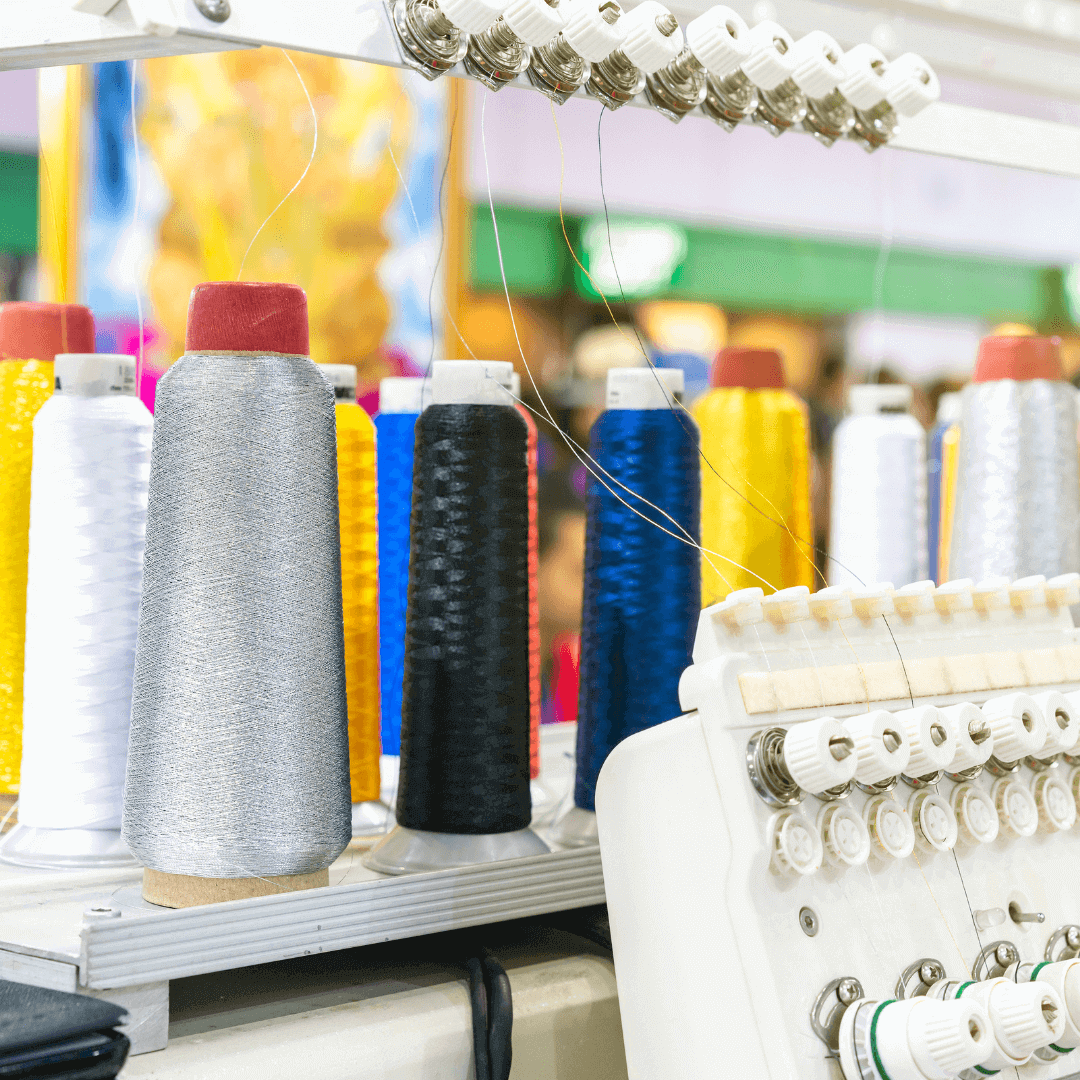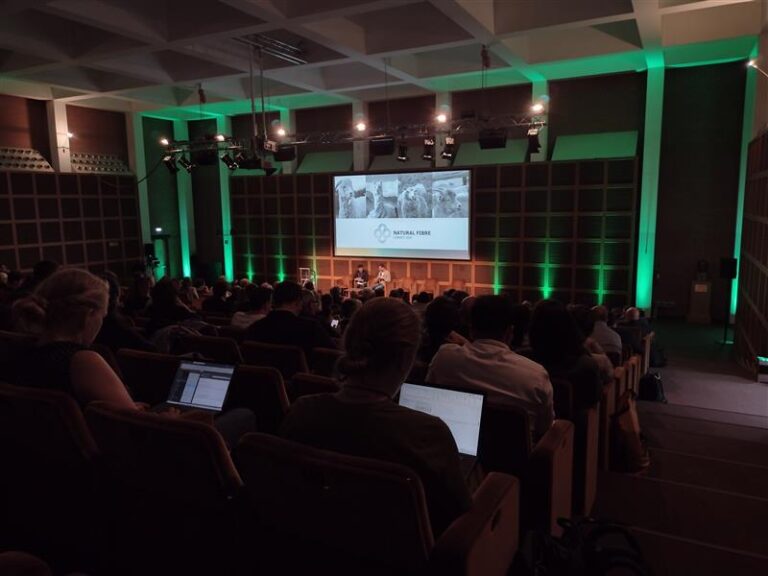FW
This year, Uzbekistan has managed to achieve extremely high results in cotton harvest. About 98 per cent of the cotton harvested in the country this season belongs to the highest and first categories.
The high quality of the cotton was also achieved thanks to the good weather conditions during the harvest period. Uzbekistan has been consistently transforming the cotton industry structurally.
Among other features are an advanced certification system in accordance with international standards and a modern cotton sale system in the form of zonal cotton terminals. An effective logistics system and the choice of optimal routes and corridors allows timely delivery of Uzbek cotton fiber to all consumers. The country’s cotton fiber holds a leading position through using a fully transparent pricing system.
Uzbekistan annually produces about 3.5 million tons of raw cotton and 1.2 million tons of cotton fiber. It ranks sixth in the world in the production of cotton. Its policy in the sphere of cotton growing is characterised by preservation of stable production volumes of cotton and further improvements in quality and technical characteristics.
The International Cotton Fair was held in Uzbekistan, on October 13 and 14, 2015. Since 2005, Uzbekistan has concluded contracts involving about seven million tons of cotton fiber at the fair.
The NGO Redress is doing its bit for sustainable fashion. With a mission to reduce waste in the fashion industry, it is urging designers to come forward with the launch of The EcoChic Design Award Alumni Network. This is a platform to connect designers with industry opportunities to further support their growth. Designers within the network are all alumni of The EcoChic Design Award, which is the world’s largest sustainable fashion design competition.
The award has gathered over 100 talented alumni from across Asia and Europe who continue to practice sustainable fashion design over the past five years since its inception in 2011.
The previous players are posing as catalysts for change and evidence of the competitions’ positive impact as they showcase waste reducing collections on catwalks across the world, launching their own sustainable brands, and pass on knowledge to their peers.
Christina Dean, Founder of Redress said that they were seeing a great response among their alumni for an active role in transforming the fashion industry to be more eco-conscious.
The award’s programme acts as a springboard for sustainable design with the education it offers and a global platform for designers’ innovative designs. However, Redress believes it is as essential to support the competitors onwards into their careers.
www.ecochicdesignaward.com
To enhance investment and trade volume, Pakistan and Korea are looking forward to sign Free Trade Agreement (FTA). The two countries already have bilateral trade and diplomatic relations for over three decades. Pakistan’s Commerce Minister had visited the Republic of Korea in July to discuss bilateral trade and possibilities of FTA.
However, it will take at least four to five years, as the process is still at initial stage said Muhammad Waseem Vohra, CEO, Eastern Enterprises, and Vice President, Federation of Pakistan Chambers of Commerce & Industry (FPCCI), the apex trade body of Pakistan. Trade figures would have to be compared by the two nations and they would also have to scrutinise certain other implications before finalising everything.
In view of its experience with China, Pakistan needs to negotiate the FTA carefully. China exports goods to Pakistan worth $12 to 13 billion annually against Pakistan’s exports amounting hardly to $2.5 billion causing closure of several local industries in the country as the zero tariffs under FTA benefit China.
However, with Korea, this should not be the case, as the current trade volume of Pakistan with Republic of Korea is around one billion dollars, which could be augmented to a great level if Korea allows access to its market.
Fpcci.org.pk
India’s exports of cotton textiles during April to August 2015 declined by 2.16 per cent compared to the same period last year. The declining trend may continue in financial year 2016 due to subdued Chinese demand and the sluggish European economy.
India’s over-dependence on China, especially for cotton and cotton yarn exports, is magnifying the overall decline in exports as China slows down. Further, the high cost of export finance in India of around 10 per cent, compared with three to four per cent in competing countries like Vietnam, Bangladesh and Pakistan, is also having an impact on the country’s competitiveness.
The industry has made representations to the government like interest rate subvention and re-calibration of the product-market matrix to include exports to emerging markets so that linkages can be strengthened with the value chains in these markets.
If China and Turkey were persuaded to reduce duties on Indian textile products, it would help. Measures that have been taken to support the industry include an increase in the allocation of funds from Rs 18,000 crores to Rs 21,000 crores under the export incentive scheme; a reduction in the repo rate; setting up of textile parks; and a relaxation of coastal shipping.
Greenshowroom and Ethical Fashion Show Berlin will be held January 19 to 21, 2016. The events will focus on resource efficiency and examine recycling concepts within the fashion industry. The spotlight will be on international labels with first-rate fashion collections.
Greenshowroom will showcase an exclusive selection of international high fashion, while Ethical Fashion Show Berlin will offer an overview of contemporary street and casual wear with a clear focus on design and sustainability.
International labels will present fashion and accessories of a special kind. Living Blue is a renowned label from Bangladesh that stands for high-quality, handmade products. The trade fair brings together top players from the eco fashion segment. Danish label Knowledge Cotton Apparel will present its new winter collection for the first time, including shirts, pullovers, long-sleeved tops and more.
The main theme is circular economies, something that industry giants like Adidas and H&M are currently focusing on with extensive campaigns. The outdoor arena will tackle the issues of quality recycling concepts and new technologies for procuring recycling materials. The event program also places the spotlight on additional aspects of a circular economy and will present future models for the fashion economy.
The Frankfurt Style Award is a platform for up-and-coming creative people in the fields of design and fashion. Visitors to the trade fair can look forward to exciting presentations and inspiring designs.
www.messefrankfurt.com
Chinese cotton imports reached an all-time low in September, as large domestic inventories reduced reliance on foreign supplies, at a time when economic slowdown is weighing on demand. China’s cotton imports in September declined 59 per cent year-on-year.
This is the lowest monthly import since records began in 2005, and the second month of record low imports in a row. Chinese imports for the first nine months of the year fell 42 per cent. Chinese cotton demand has been hit by a range of factors, including massive domestic stocks, a weaker industrial sector, and competition from synthetic fibers, which have become cheaper as a result of low petrochemical prices.
Chinese inventories accumulated as a result of government price support policies, which encouraged rising domestic production, while mills favoured cheaper imported cotton. The end of the price support policy left the government with ample stocks, while mills turned to domestic supplies, which were now priced at closer to international levels.
Chinese cotton imports are expected to fall to a 13-year low over the 2015/16 season. But there are concerns about the quality of Chinese cotton stocks. Large quantities of cotton have been kept in bales for several years. This can cause the fiber to become brittle and difficult to spin. And this leaves the door open for imports.
Sweater exports from Bangladesh to Europe dropped 3.54 per cent, although exports of other apparel items have risen. In fact sweater exports from Bangladesh have been fluctuating for the last few years. Reasons include shorter winters in Europe coupled with the devaluation of the euro. Customers are reducing orders because of the falling euro.
On top of that, many sweater makers installed automated machines for higher productivity and to maintain quality. This led to overcapacity. Also, the euro has started falling against the taka since September last year, further affecting the exports.
With climate change, the demand for thick sweaters, widely produced in Bangladesh, is going down in Europe. As a result, customers like light sweaters, which can be worn all year round. But Bangladesh is still not a strong producer of light sweaters, although investors are importing expensive machinery to produce such sweaters. It’s necessary that Bangladeshi entrepreneurs change their sweater production patterns to match climate changes in the west.
As compared to sweater exports, exports of other garment items like shirts increased. Trouser exports have remained almost constant. But jacket and T-shirt exports from Bangladesh have risen. The effects of climate change can be observed in Europe and further changes in climate are projected to take place in the future. Warming has been stronger in most regions in winter than in summer.
Under the National Plan of Action, many readymade garment (RMG) factories are still unwilling to go through fire, electrical and structural assessment being carried out by the International Labour Organisation ILO-nominated engineers.
Recently, a list of about 88 factories was sent by the ILO to the Bangladesh Garment Manufacturers and Exporters Association (BGMEA) that these factories were not interested in undergoing assessment. It again sought the apparel apex body’s cooperation. They said that these factories were members of the BGMEA and running their manufacturing activities. Faruque Hassan, Senior Vice-President, BGMEA confirmed the receipt of a list of factories that were not interested in being inspected.
Industry insiders said that some factories are unwilling to be assessed as they are planning to relocate, while others were unwilling to be assessed by the Western retailer groups. Some units’ compliance situation is poor; hence they are unwilling for an inspection, while others operate as and when they have orders.
The ILO had extended the free-of-cost inspection opportunity until October 31 next year earlier. Around 1,400 factories have been inspected under the national initiative so far, which started in November 2013.
Hassan said that if they want to do business, all factories have to undergo inspection under any of the three initiatives and they would ask them again to undergo it. He added that factories will have to take the liability if not inspected within the deadline as the BGMEA will not take any responsibility. Besides, the Association will stop providing service to those listed factories that would fail to be assessed, Hassan said. Apart from this, the BGMEA will also ask its members not to provide any work order to the non-compliant factories.
www.bgmea.com.bd
ESCP Europe and Lectra recently organised a round table on ‘Fashion, Sustainable Development and Technology’ under the auspices of the ‘Fashion and Technology’ Chair. Lectra is a world leader in integrated technology solutions dedicated to industries using soft materials—fabrics, leather, technical textiles, and composite materials.
Inaugurated in February 2014, the Lectra-ESCP Europe Chair aims to develop and convey knowledge based on innovations within the fashion and luxury sectors, because of cutting-edge technologies.
Lectra and ESCP Europe sought to present some of the ongoing sustainable development changes in the fashion sector in the run up to the launch of the Conference of the Parties to the United Nations Framework Convention on Climate Change (COP 21), which will be held in November this year in Paris.
A number of principles that allow the fashion industry to become environmentally sustainable more quickly and efficiently were agreed upon by the panelists. Some points they agreed upon were—being one step ahead of consumers’ behavior, the necessity of supply chain transparency, using technology that permits fashion brands to be more eco-friendly and socially responsible, and participating in cross-industry platforms to drive forward innovation.
The clothing industry suffers from structural constraints, making it one of the least sustainable sectors. Thus, the entire supply chain is effected—from the production of raw materials to end-of-life product management through manufacturing conditions.
www.lectra.com
The winner of the ITMA sustainable innovation award will be announced in Italy, November 12, 2015. One of three leading textile manufacturing companies who have worked closely with their technology suppliers will be presented with the award. The three finalists are Berto, Gebrüder Otto and Levi Strauss.
Berto is an Italian company. It is a supplier of denim to leading European designer brands. It has developed a wide range of new coating and coloring concepts. These include the latest Never Fade solid indigo denims which are guaranteed to retain color for their lifetime, along with printed denim ranges and coated stretch fabrics in vivid, full colors.
Gebrüder Otto is a German company. It’s one of Europe’s leading yarn manufacturers. The family-owned business has been producing top quality yarns and twists for over a century, specialising in the processing of natural fibers. The company has been a partner in the development of Mayer & Cie’s new spinit technology. The spinning and circular knitting processes are uniquely combined in the spinit system, with single knitwear made not from yarn, but directly from rovings, resulting in a much shorter process, with ring spinning, cleaning and rewinding all eliminated.
Levi Strauss is the well-known denim manufacturer and clothing brand from the US. The brand uses Tonello’s NoStone process which is said to result in authentically stone washed denim without the economic, ecological and mechanical disadvantages of other processes.
www.itma.com

